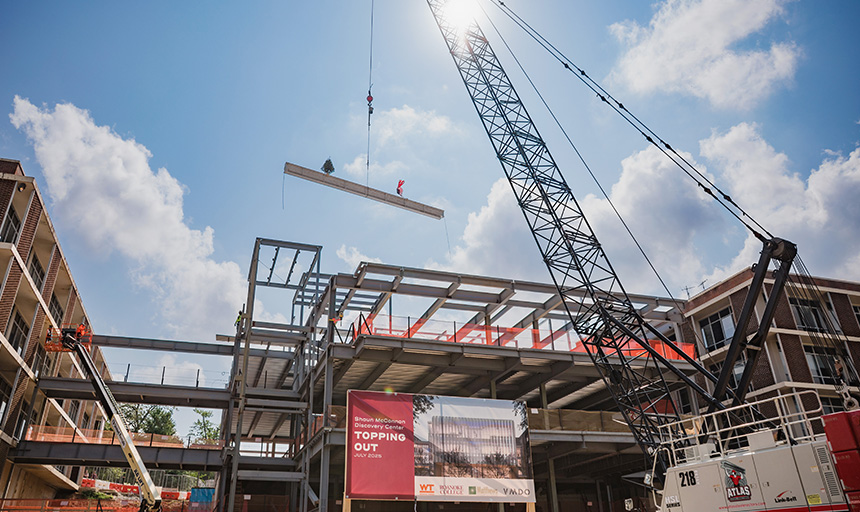Disability Studies
Available as a major or minor
The disability studies degree program blends theory and firsthand experience to offer students a deeper, more meaningful understanding of the growing disabled population.
The program was designed with an interdisciplinary approach that reflects the truth that disabilities are woven into every aspect of society. Roanoke College is at the forefront of that movement with the establishment of a disability studies major in Virginia.
Through classwork, research and innovative, experiential learning, students in the disability studies major will learn to be better advocates who can break down not just physical barriers, but cultural barriers to equal access.
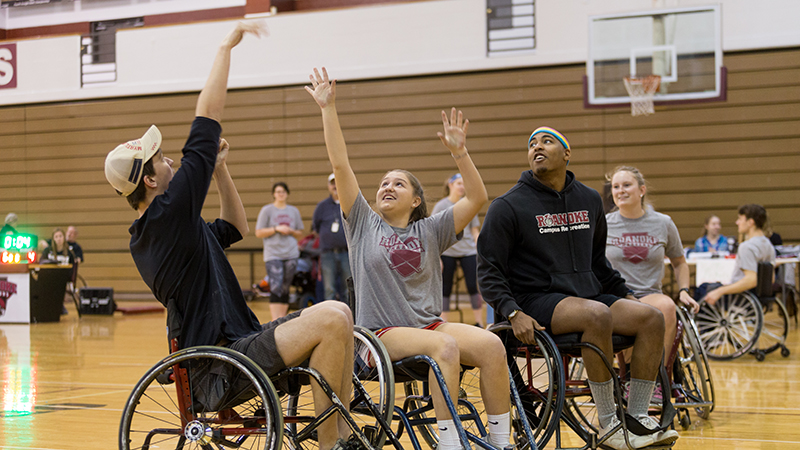
Disability Studies Curriculum
Get Real-World Experience
Student Experiences
Disability Studies Faculty
Disability Studies News
"Most students at other schools don’t meet people with disabilities until their senior year. I hate that model. The motto of the disabilities movement is ‘Nothing about us without us,’ so, ‘Don’t talk about us, ask us our opinions, ask us what we need, don’t tell us what we need.’”
- Professor Frances McCutcheon, about flipping the model by allowing students to meet and talk to people with disabilities early
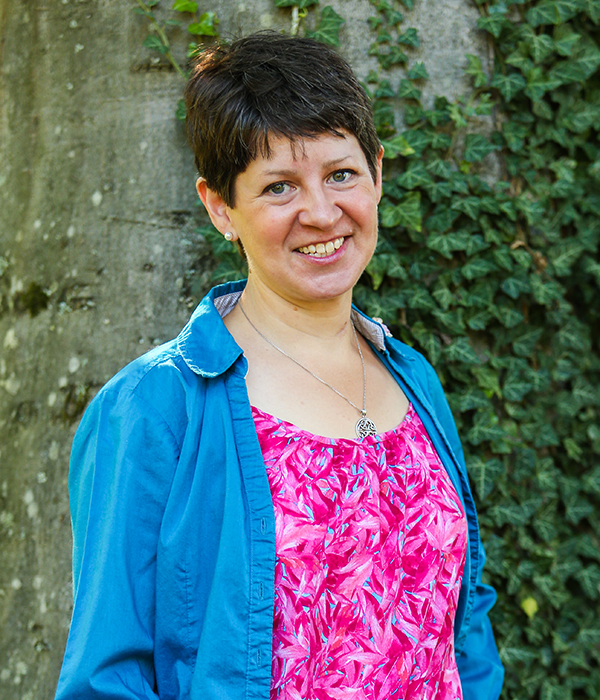
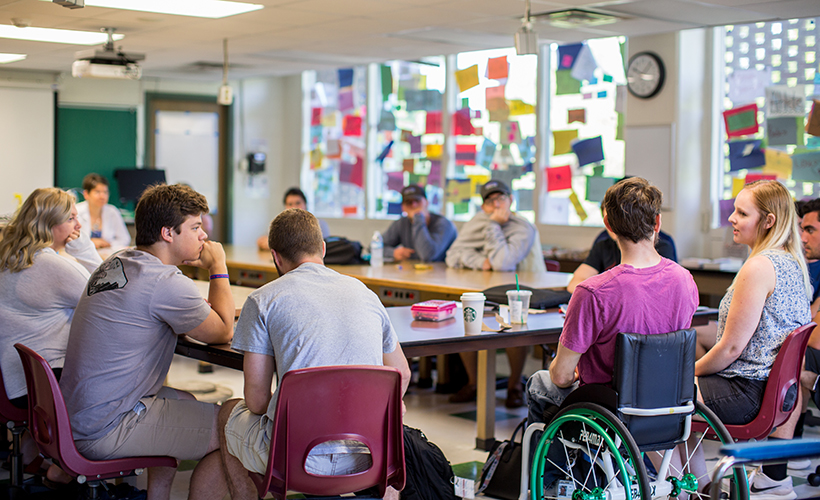
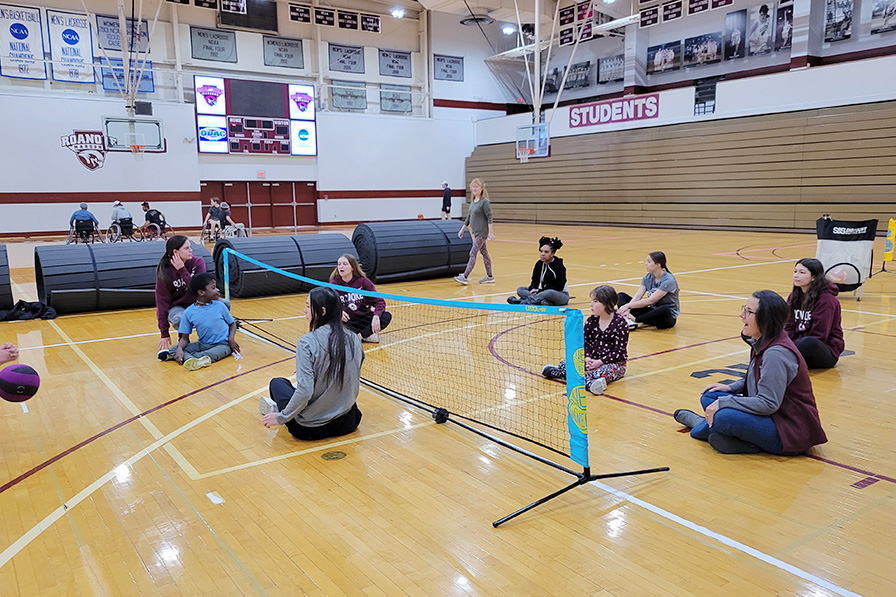
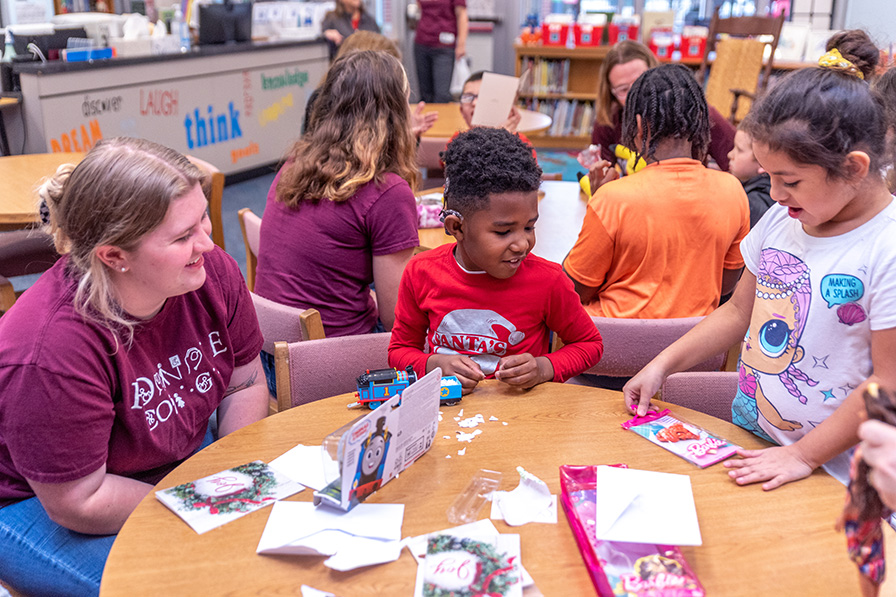
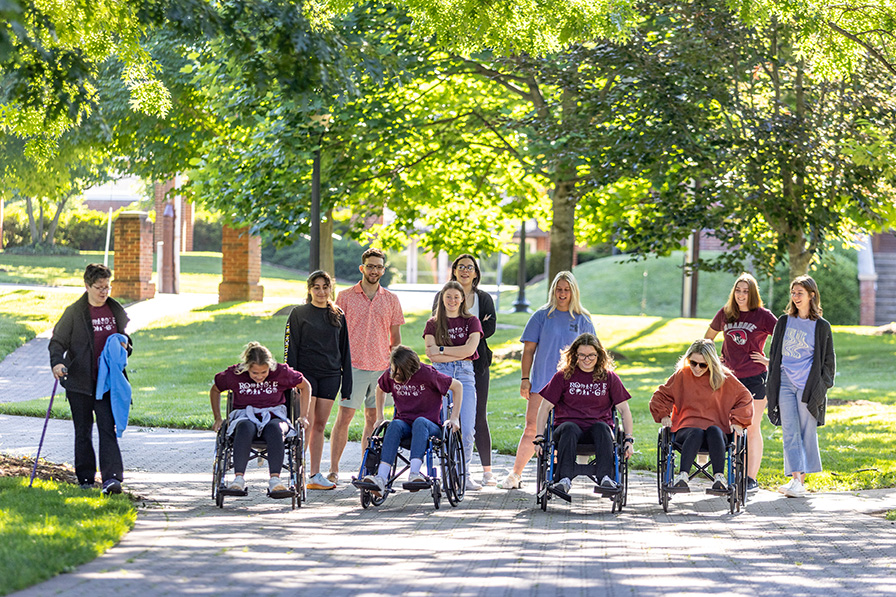
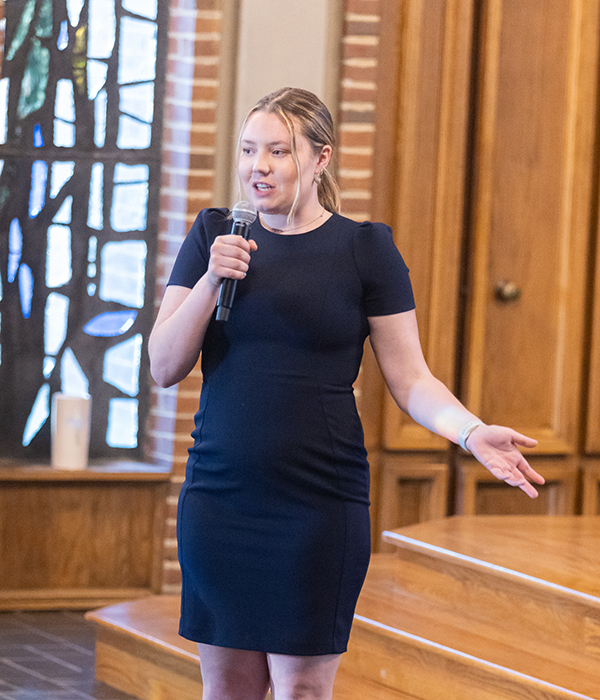
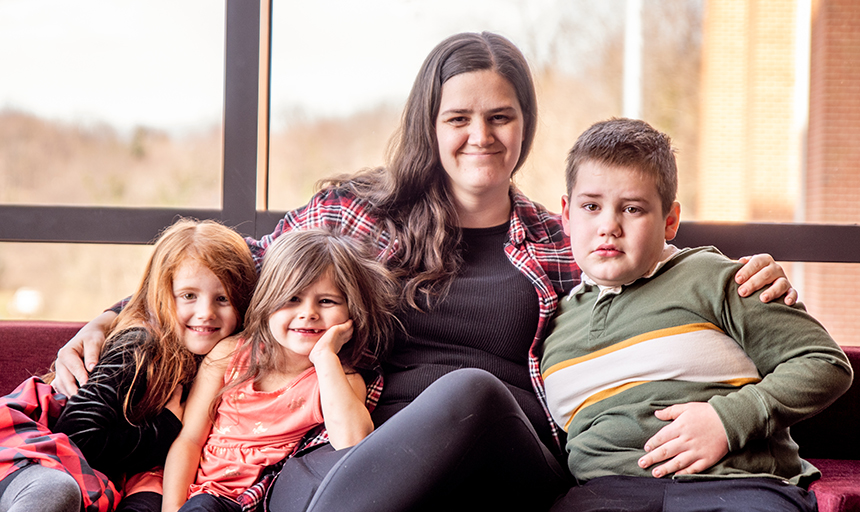
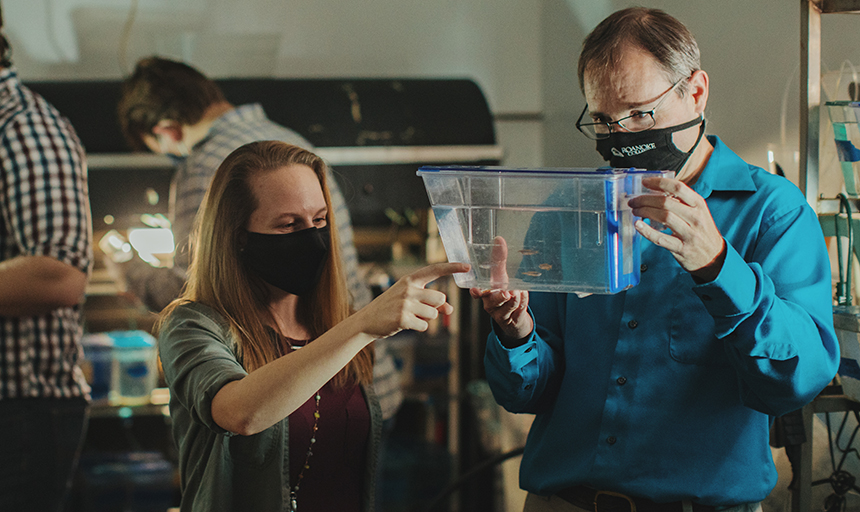
 Recently, I had the wonderful opportunity to join the Mid-Atlantic Chapter of the Paralyzed Veterans of America (PVA) at the legislation and advocacy seminar in Washington D.C. Along with two fellow students from Roanoke College, we were able to learn about the key pieces of legislation that the PVA is advocating for. Meeting congressional representatives and staffers was an especially unique experience for me as a student and helped me understand how important groups like the PVA are in advocating for the passing of important legislation.
Recently, I had the wonderful opportunity to join the Mid-Atlantic Chapter of the Paralyzed Veterans of America (PVA) at the legislation and advocacy seminar in Washington D.C. Along with two fellow students from Roanoke College, we were able to learn about the key pieces of legislation that the PVA is advocating for. Meeting congressional representatives and staffers was an especially unique experience for me as a student and helped me understand how important groups like the PVA are in advocating for the passing of important legislation.

